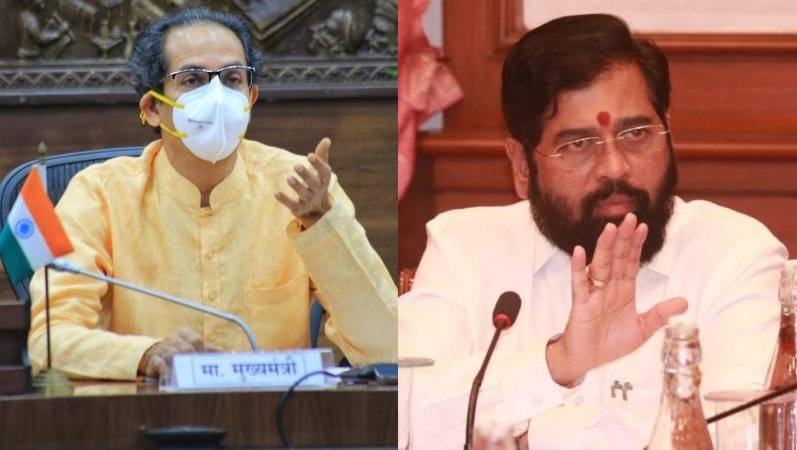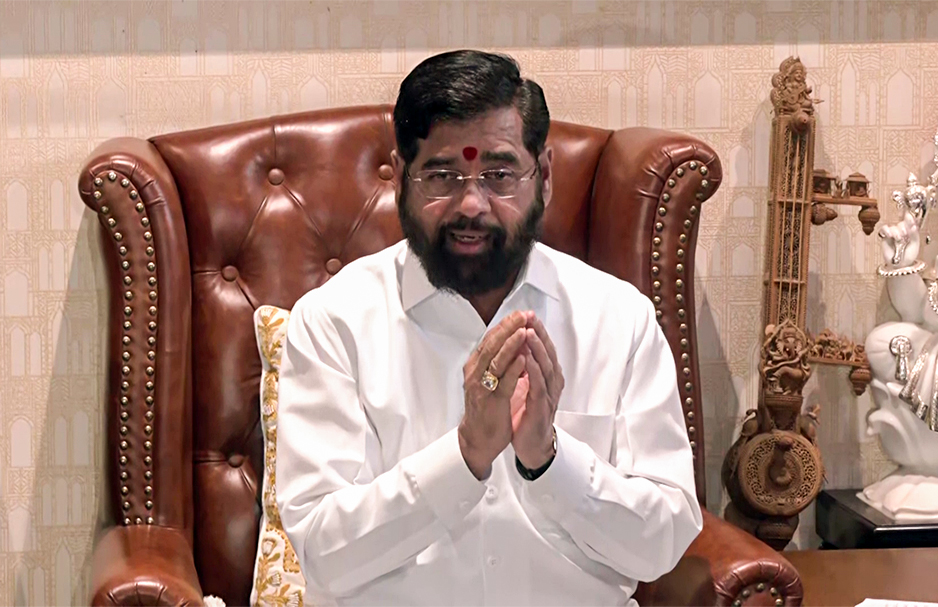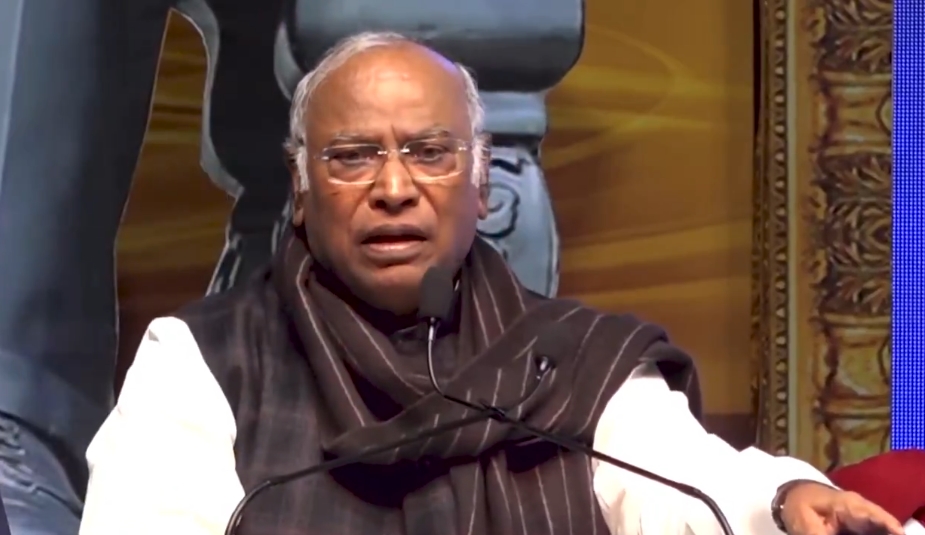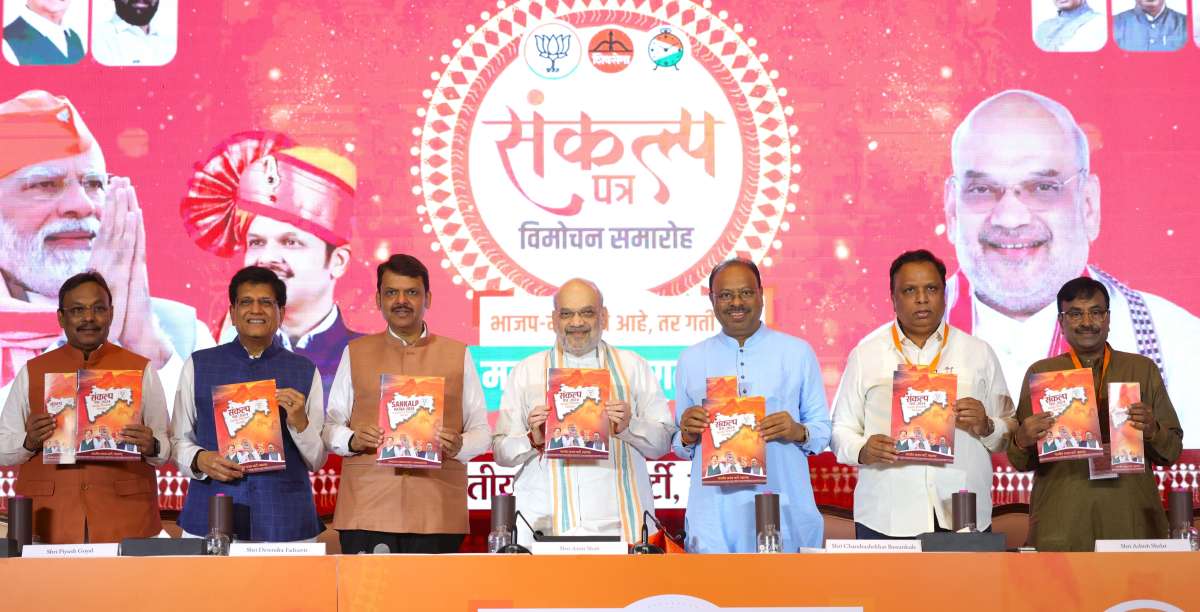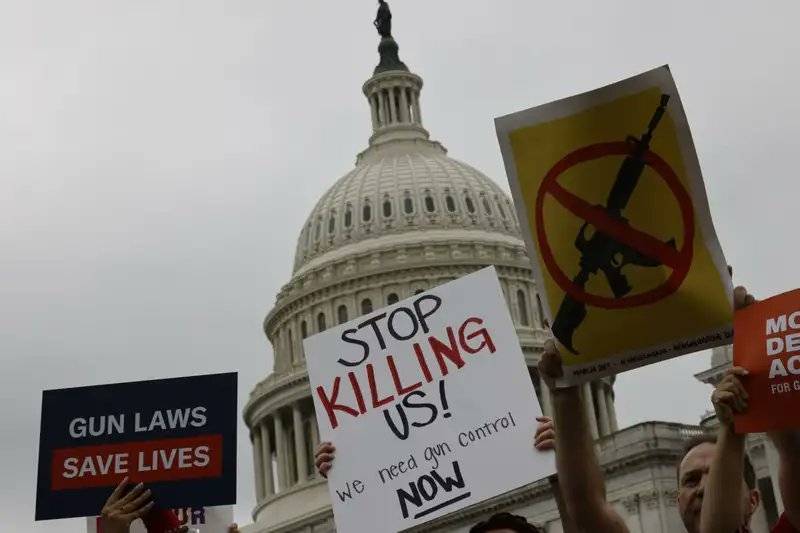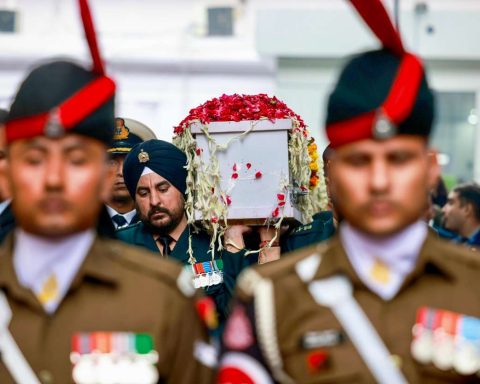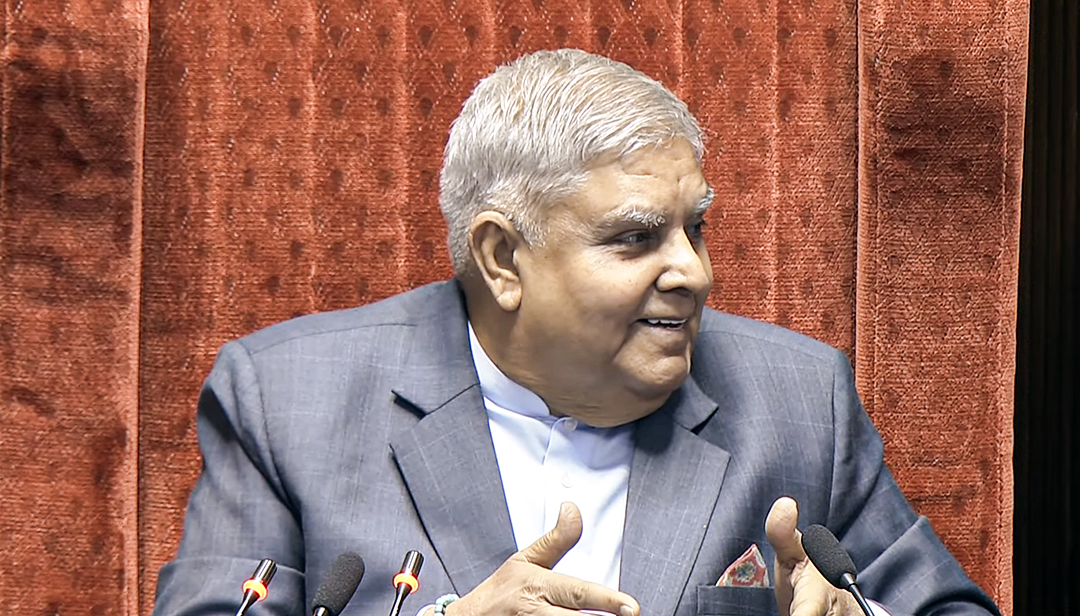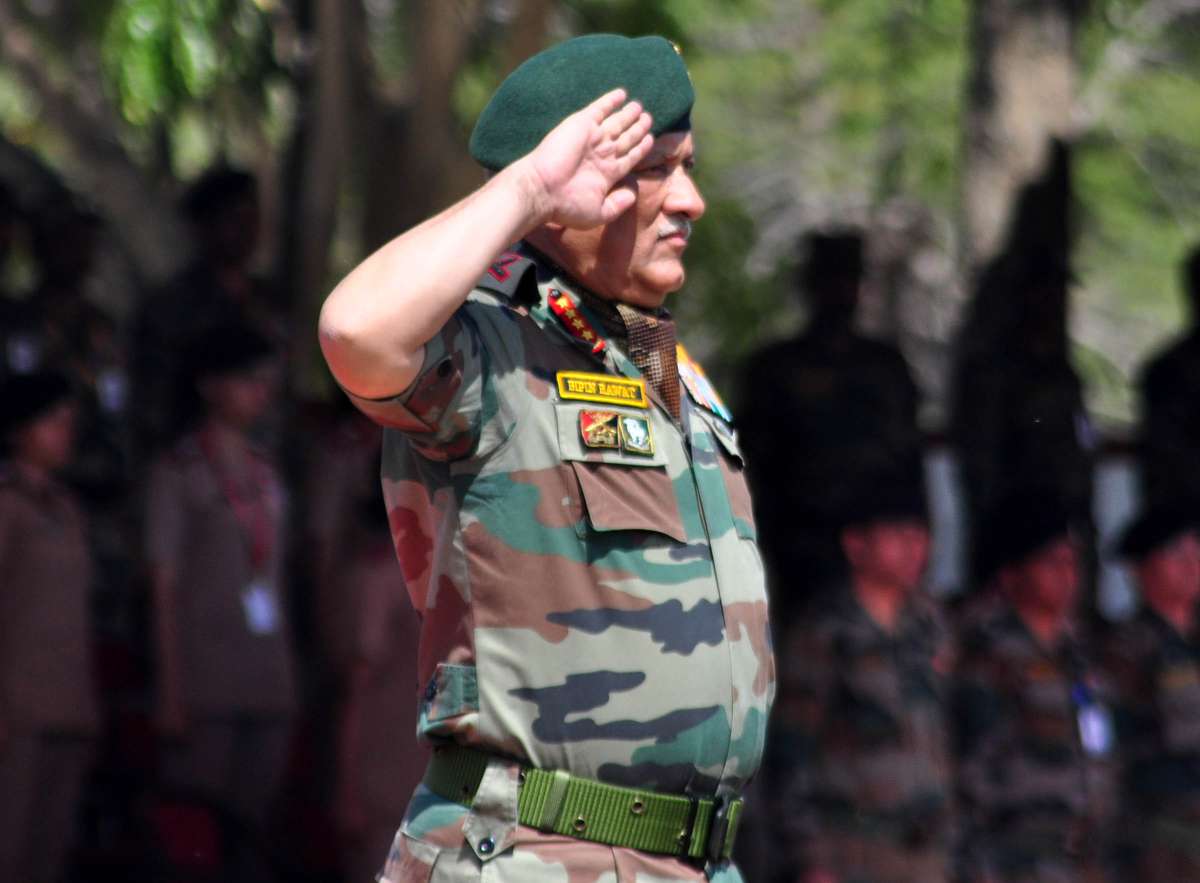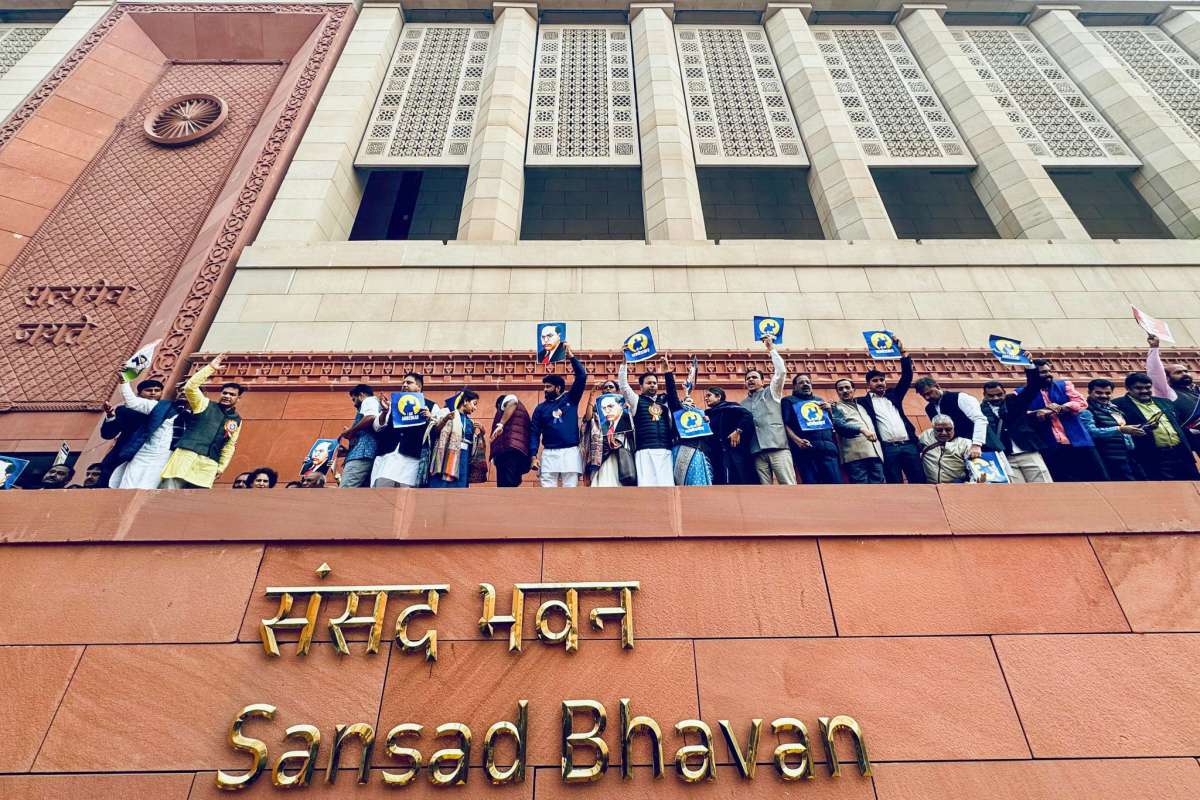A question which emerges in this political imbroglio – when would Governor Bhagat Singh Koshyari call for a floor test…reports Asian Lite News
The ongoing tussle in Maharashtra between rebel Shiv Sena leader Eknath Shinde’s faction and Chief Minister Uddhav Thackeray is poised for an intriguing climax, where the Governor’s role is extremely crucial in establishing political stability in the state.
Apparently, the odds are against the Maha Vikas Aghadi government, which is on the brink of collapse. However, Shinde’s camp received a setback after the Assembly’s Deputy Speaker rejected the no-confidence motion moved by them against him and recently, Shiv Sena’s Executive Committee authorised Thackeray to take action against the rebel MLAs.
A question which emerges in this political imbroglio – when would Governor Bhagat Singh Koshyari call for a floor test.
Post the rebellion in the ranks, Shiv Sena indicated at suggesting dissolution of the Assembly and the Deputy Speaker issued notices to the 16 rebel MLAs on the disqualification plea by Thackeray’s team. The Supreme Court judgments in such scenarios mandate the Governor to allow an opportunity to a party, which stakes claim to form the government.
Articles in the Constitution outline the power of the Governor, especially Article 174, which is a crucial provision. Article 174 (1) says the Governor shall, from time to time, summon the House or each House of the legislature of the state to meet at such time and place as he thinks fit, but six months shall not intervene between its last sitting in one session and the date appointed for its first sitting in the next session. Article 174 (2) (a) authorises the Governor to prorogue the House from time to time, while Article 174 (2) (b) empowers the Governor to dissolve the Legislative Assembly.
Article 163 (1) says Council of Ministers with the Chief Minister at the head to aid and advise the Governor in the exercise of his functions. However, Article 163 (2) says, “If any question arises whether any matter is or is not a matter as respects which the Governor is by or under this Constitution required to act in his discretion, the decision of the Governor in his discretion shall be final, and the validity of anything done by the Governor shall not be called in question on the ground that he ought or ought not to have acted in his discretion.”
Various Supreme Court judgments also help in having a clarity on the power of the Governor, when confronted with a political crisis, like the one ongoing in Maharashtra.
In the S.R. Bommai (1994) and Rameshwar Prasad (2006) cases, the apex court consistently maintained that the Governor should do a floor test to test the government’s majority support. In Rameshwar Prasad, it said: “If a political party with the support of other political party or other MLAs stakes claim to form a government and satisfies the Governor about its majority to form a stable government, the Governor cannot refuse formation of government and override the majority claim because of his subjective assessment that the majority was cobbled by illegal and unethical means.”
“No such power has been vested with the Governor. Such a power would be against the democratic principles of majority rule.”
In the 2016 judgment in Nebam Rabia vs Deputy Speaker, Arunachal Pradesh, the apex court considered whether the Governor must exercise this power in his discretion or on the aid and advice of the Council of Ministers. “In a situation where the Governor has reasons to believe, that the Chief Minister and his Council of Ministers have lost the confidence of the House, it is open to the Governor, to require the Chief Minister and his Council of Ministers to prove their majority in the House, by a floor test. Only in a situation, where the government in power on the holding of such floor test is seen to have lost the confidence of the majority, it would be open to the Governor to exercise the powers vested with him under Article 174 at his own, and without any aid and advice,” noted the top court in its 2016 judgment.
In Shivraj Singh Chouhan vs Speaker Madhya Pradesh (2020), the apex court said: “In a situation where the Governor has reasons to believe that the Council of Ministers headed by the Chief Minister has lost the confidence of the House, constitutional propriety requires that the issue be resolved by calling for a floor test. The Governor in calling for a floor test cannot be construed to have acted beyond the bounds of constitutional authority.”
In Madhya Pradesh, the MLAs in the Jyotiraditya Scindia camp defected to the BJP. The then Congress Chief Minister Kamal Nath asked the Governor to dissolve the Assembly. However, the Governor called for a floor test.
During the Karnataka political crisis in 2018 and Maharashtra political crisis in 2019, the apex court ordered floor tests.
In 2013, the top court in judgment in R.A. Mehta’s case pointed out there may be a situation where the Council of Ministers may advise the Governor to dissolve a House, which may be detrimental to the interests of the nation. “In such circumstances, the Governor would be justified in refusing to accept the advice rendered to him, and act in his discretion. There may even be circumstances where ministerial advice is not available at all, i.e., the decision regarding the choice of Chief Minister under Article 164(1), which involves choosing a Chief Minister after a fresh election, or in the event of the death or resignation of the Chief Minister, or dismissal of the Chief Minister, who loses majority in the House and yet refuses to resign, or agree to dissolution. The Governor is further not required to act on the advice of the Council of Ministers, where some other body has been referred for the purpose of consultation i.e., Article 192(2) as regards decisions on questions related to the disqualification of members of the state Legislature,” said the top court.
Against the backdrop of a series of Supreme Court judgments ordering floor tests to test the government’s majority, it would be interesting to see what decision Koshyari takes to defuse the political uncertainty in the state.
ALSO READ-Political crisis in Maharashtra
